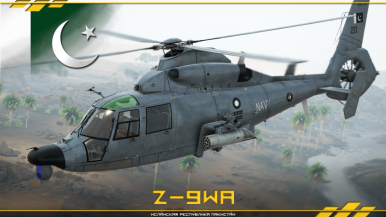
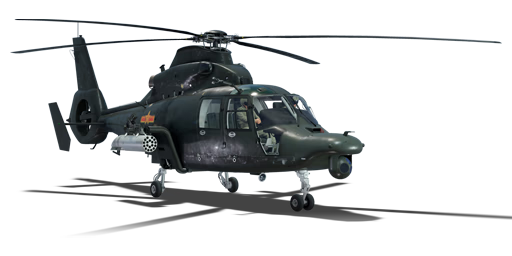


Harbin Z-9WA was a modification of the Z-9W developed in 2005. As part of the upgrade, the helicopter received a new optical system with a thermal imager, improved avionics, and the ability to carry state-of-the-art weaponry. Besides service in the Chinese army, a certain number of these helicopters have also been supplied for export.
Introduced in Update "Drone Age", the Z-9WA remains a relatively fast and lightweight machine. While it may lag behind counterparts at its BR due to its original design as a transport helicopter, the armament onboard is available in greater numbers and allows the Z-9WA to stand a chance against enemy targets with better ATGMs and more AAMs. The Z-9WA also has new systems such as thermal optics, MAWS, and countermeasures that make it better at hunting tanks and more slippery against enemy air defences.
| Name | Weight | Slot | ||||||
|---|---|---|---|---|---|---|---|---|
| 18 × | 115.5 kg | 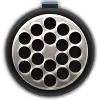 |  | |||||
| 7 × | 252.2 kg | 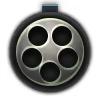 |  | |||||
| 4 × | 100.3 kg | 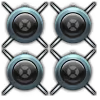 |  | |||||
| 4 × | 104.3 kg | 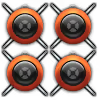 |  | |||||
| 4 × | 124 kg | 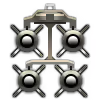 |  | |||||
| 90.8 kg | 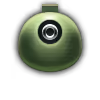 |  | ||||||
| 187.1 kg | 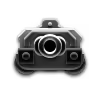 |  | ||||||
| 4 × | 158.3 kg | 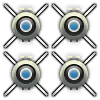 |  | |||||












Flight performance |
|---|
Survivability |
|---|
Weaponry | ||
|---|---|---|
